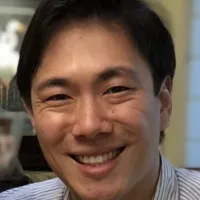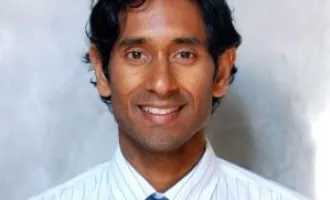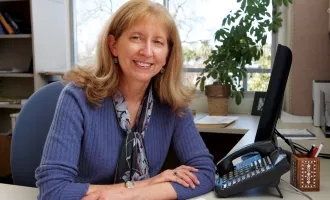
Thoughts from the Trauma Bay
Thoughts from the Trauma Bay is the second place winner of the Synapse Storytelling Contest's personal essay category. Comments from category judge, Synapse managing editor Sylvie Sturm: Theodore Peng lays bare his struggle to control painful emotions in a heart-wrenching portrayal of a medical student’s stint in a trauma bay, and shows that it’s when medical students leave school that the really hard work begins. The strength in Peng’s piece comes through as much in his talent as a writer and as in his unflinching emotional vulnerability.
There were things I saw that I want to remember. Many experiences, many feelings, many lessons. The sweet woman with advanced colorectal cancer who had three boys she would likely not see grow up.
At least I snuck them in to see her in the hospital. The first patient I saw die in the trauma bay, blood pooling on the floor from his chest tube, my hands still holding an open cricothyrotomy kit, his limbs whiter than I have ever seen before. How folks went back to joking immediately after he died (not maliciously of course, but rather emphasizing how frequently patients do not make it).
The other patient who had his chest ripped open in an effort to save him, only to become a teaching opportunity for me and the residents. I closed his eyes in the midst of a bustling trauma bay.
These are things I should not forget. And in some cases, I cannot. I will always remember the 12-year-old boy we lost in the trauma bay.
He was playing football with his brothers, and had climbed over the fence to retrieve a ball that had gone over. But he didn’t climb back, and no one went to check. When they found him, he’d be down and apneic for maybe 10-20 minutes, lying next to an exposed electrical wire.
He’d been electrocuted doing what many of us have done as children - just climbing a fence to get a ball back. Somehow they got his heart beating again in the ambulance after intubating him, but he coded again in the ED. And somehow again, he pulled through. But when I checked his pupils, they were completed dilated. The attending shook his head as we wheeled him to get a CT.
“My boy is 10,” he whispered to me.
The scan showed diffused brain swelling, and his ABG showed a blood pH of 6.6. The PA said we might as well place a coffin next to the bed.
Then we told his mother. God have mercy. There were 10 family members, all Spanish speaking, all holding each other to brace themselves from what was coming. I knew who mom was right away.
The resident gently took her hand, then she broke her heart. I have seen sorrow in the past, but I have never seen this. I could hear the mother’s hysterical screams even after we left.
I already had tears in my eyes when I first saw this family, but at this point, I could not help myself. I walked out and wept. He was 12.
Afterwards, as I sat with Dr. Sue and my resident, both asked how I was. This both surprised and touched me — we are constantly rushing in the trauma bay, attending to the needs left and right. But they asked me anyways.
They shared with me their own stories from the beginning of their training, what they had felt, what they had seen. The stupefying thing was that there was no one we could be angry at.
Who hasn’t climbed a fence to retrieve a lost ball? So who could take the blame? I looked back at where the boy was lying. A single nurse was standing over him, stroking his hair. It was as if she was keeping watch, so that he was not alone.
We were so busy that night, everyone was. Yet surgery residents on other services would just stop by to check on him, to ask if there was any improvement. I was so moved. It’s simple humanity. Then Dr. Sue told me something that I will keep with me for the rest of my medical career.
He said, “The day that I stop feeling pain for these patients, the day that I stop caring, that’s the day I quit.”
He told me to always check to see if I’m forgetting why I’m doing the job. He told me to remember what I had seen and felt during my early days of medicine. Maybe so that I could relate to and help a medical student someday when I’m in his shoes. Perhaps that is the very art of medicine.
Perhaps it is what keeps us human. I’m thankful for my time with Dr. Sue.
These are but some of those lessons.



